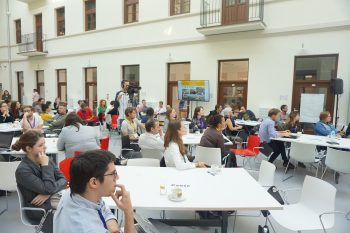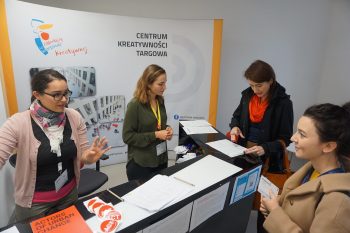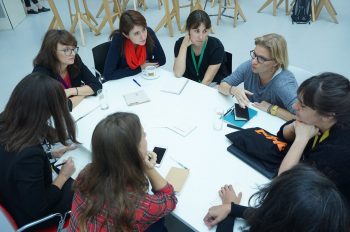The Metropolitan Research Institute has contributed together with The Budapest Institute to the soon to be published new report of World Habitat Ending homelessness in Central and Eastern Europe: Making the shift to a housing-led system.
The online launch event will be at 9.30am – 11.00 (BST) / 10.30 – 12.00 (CEST) on Monday 18 September, where our colleague Nora Teller will be one of the presenters.
Register to the event here.







